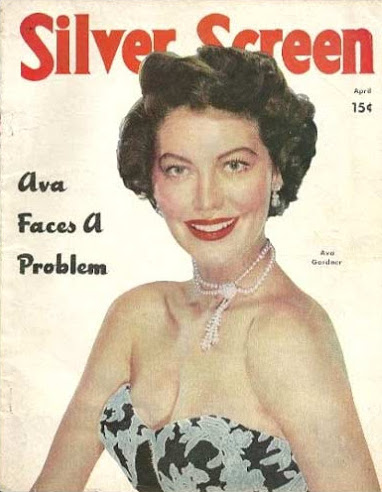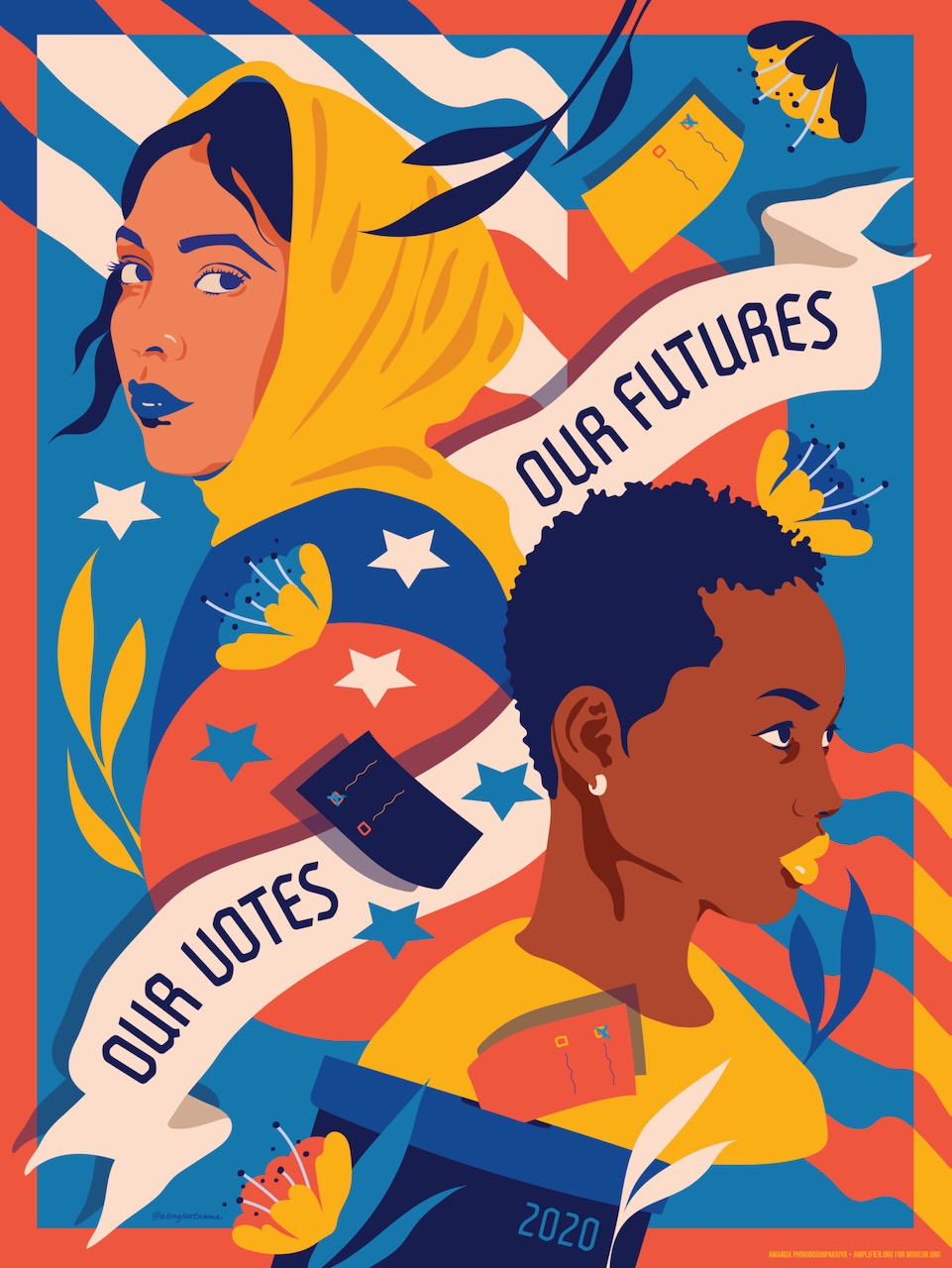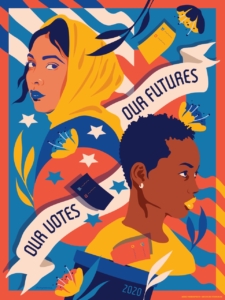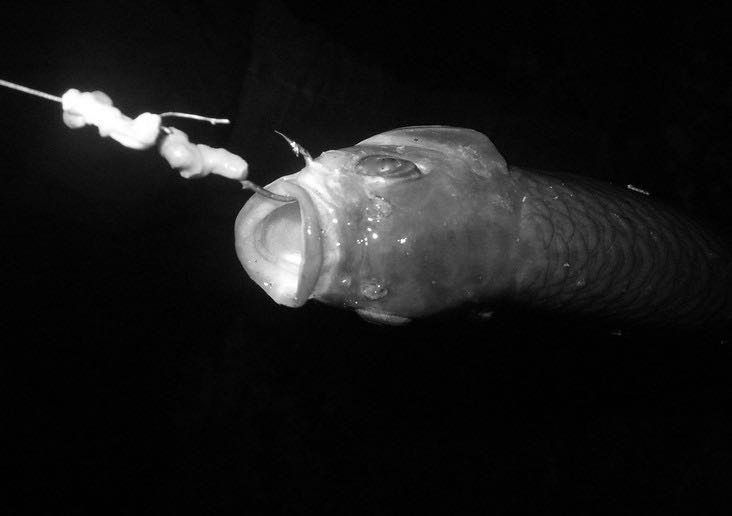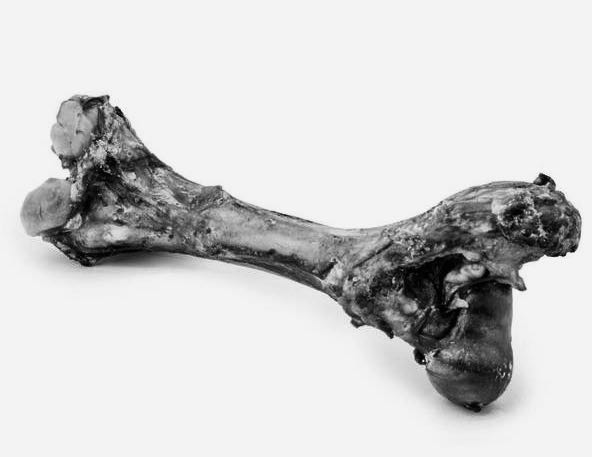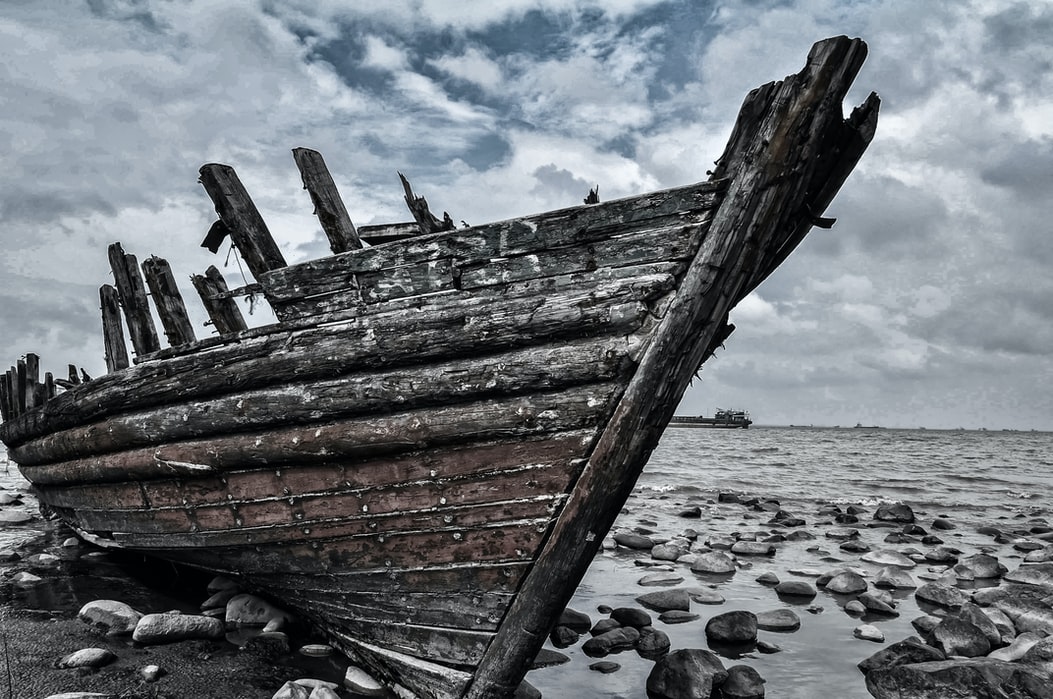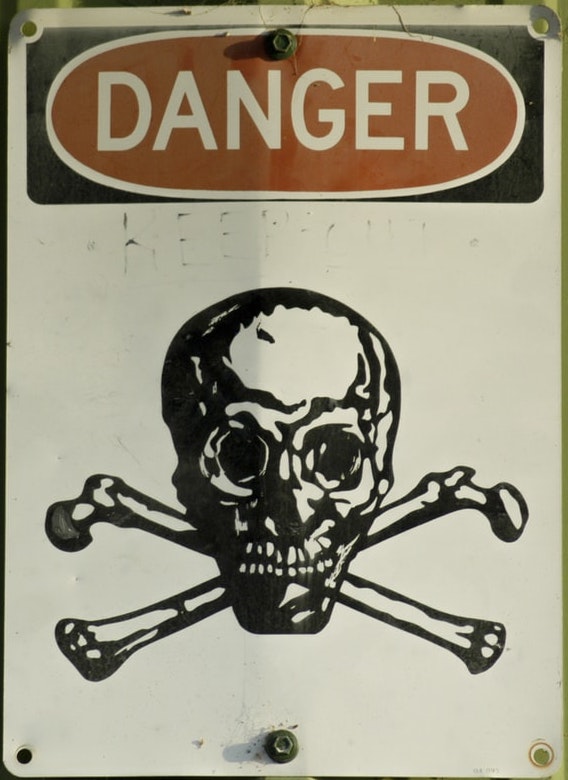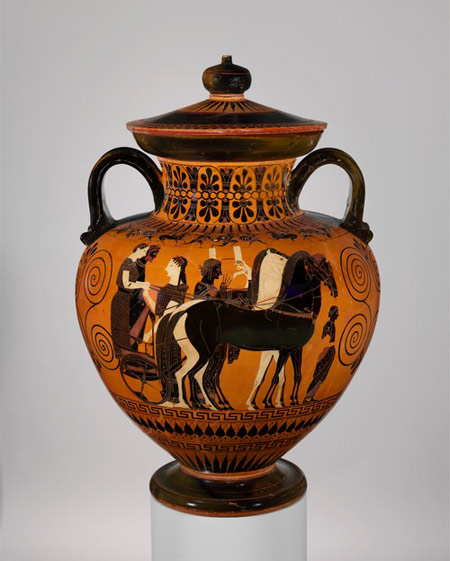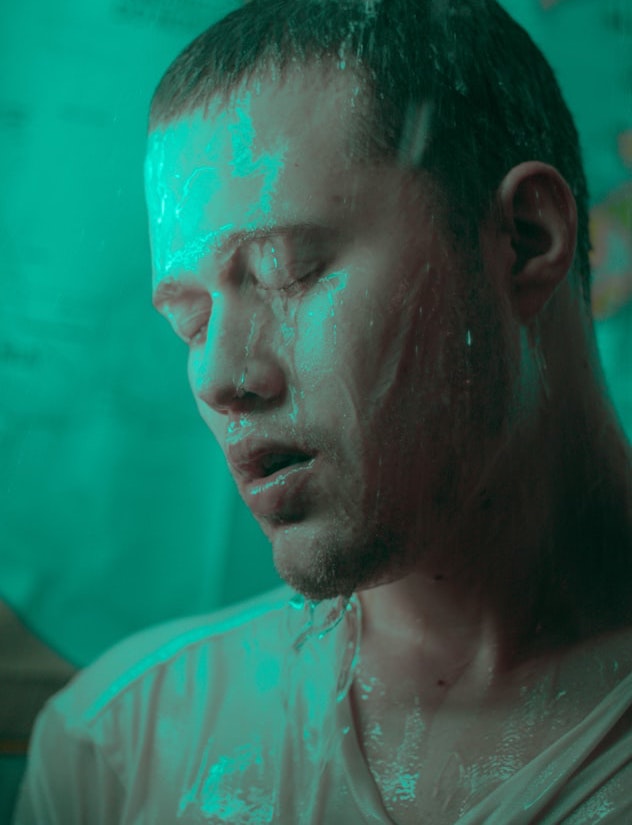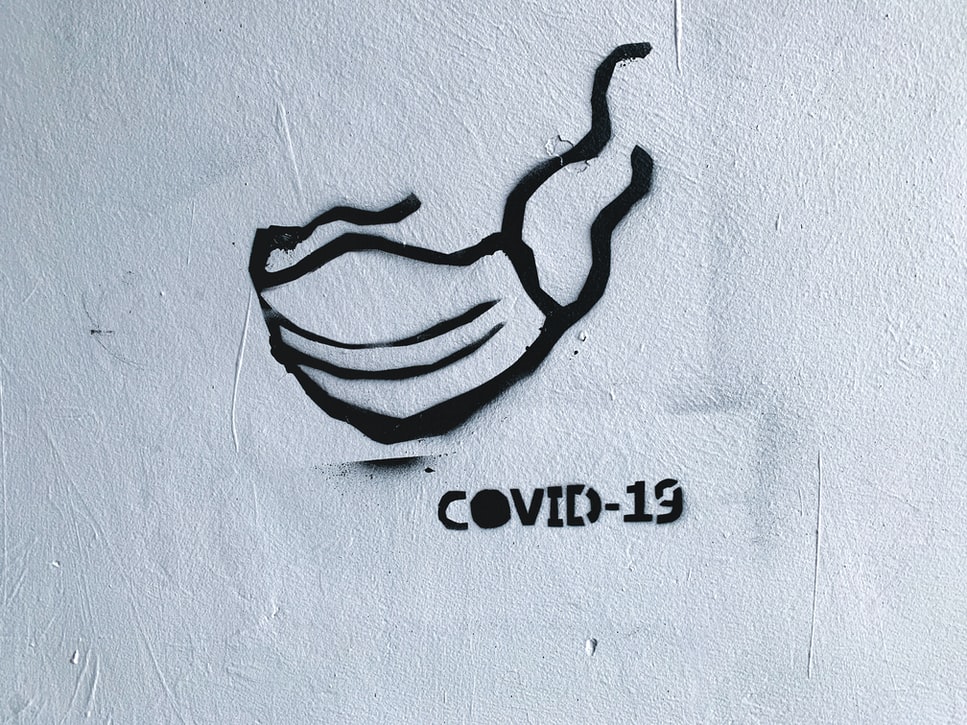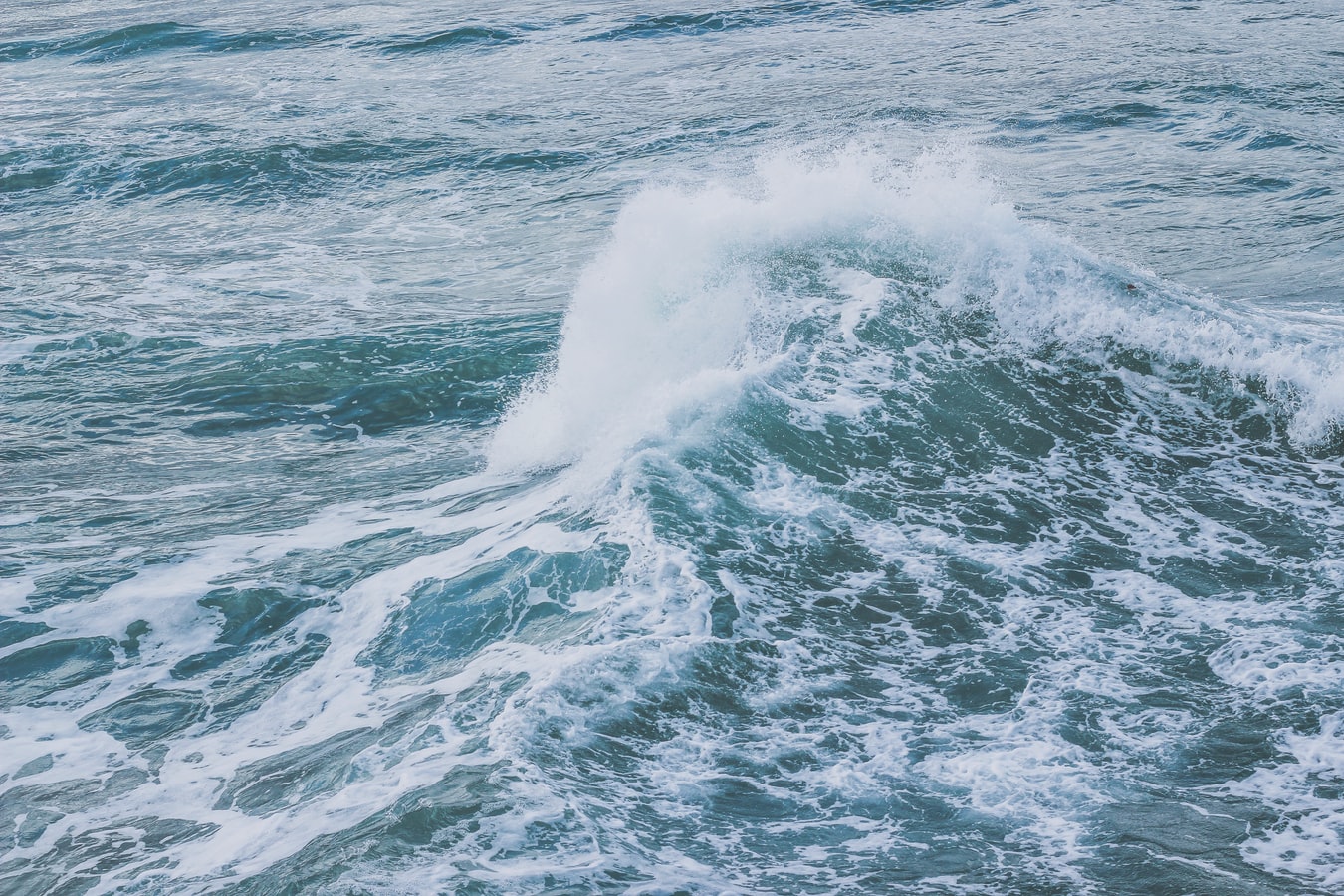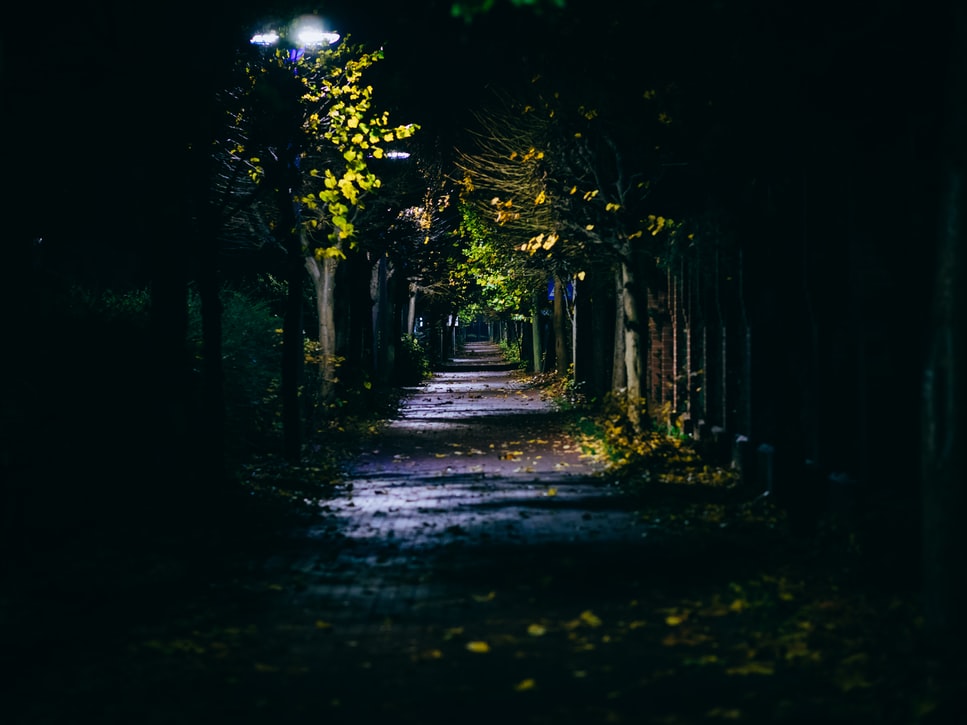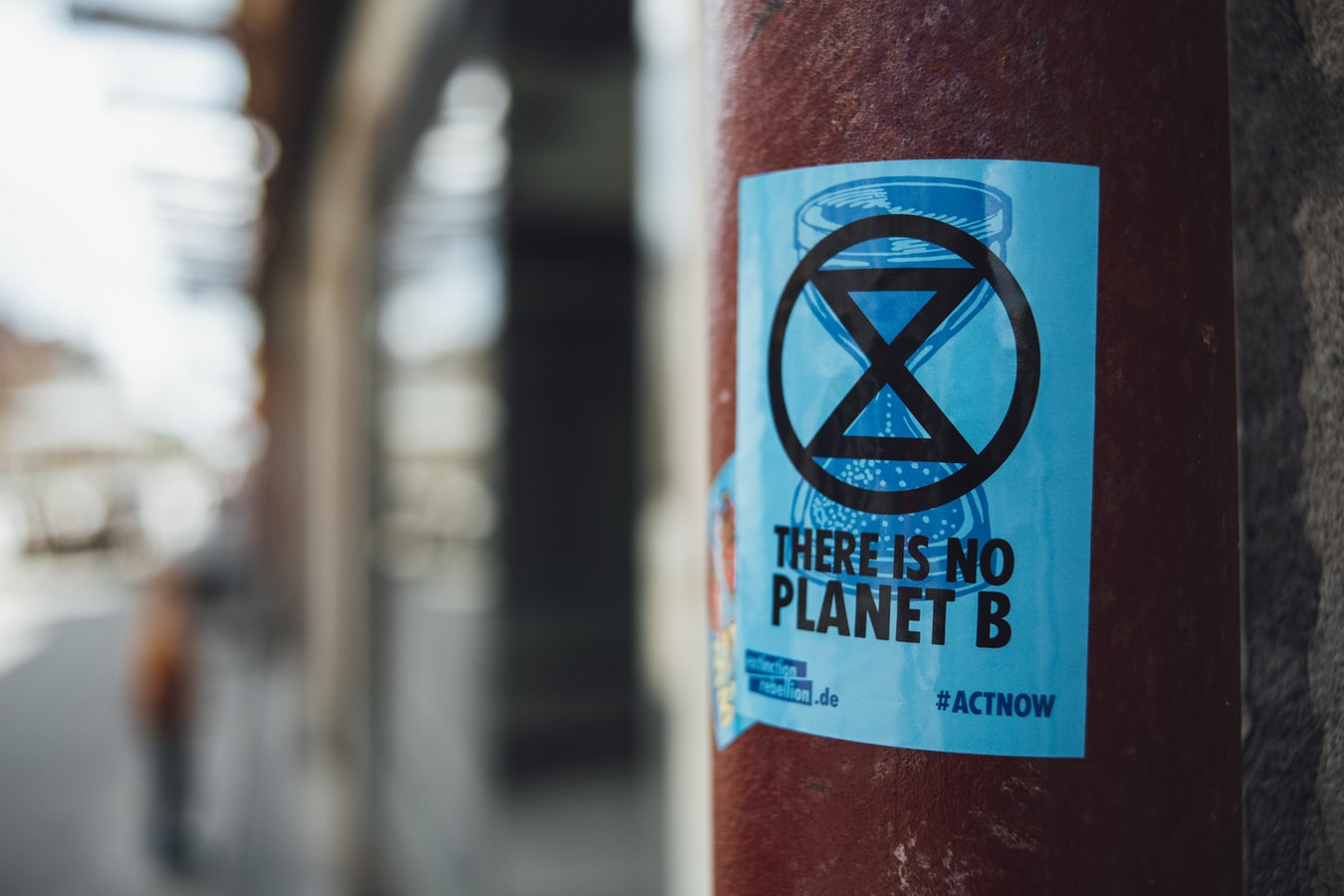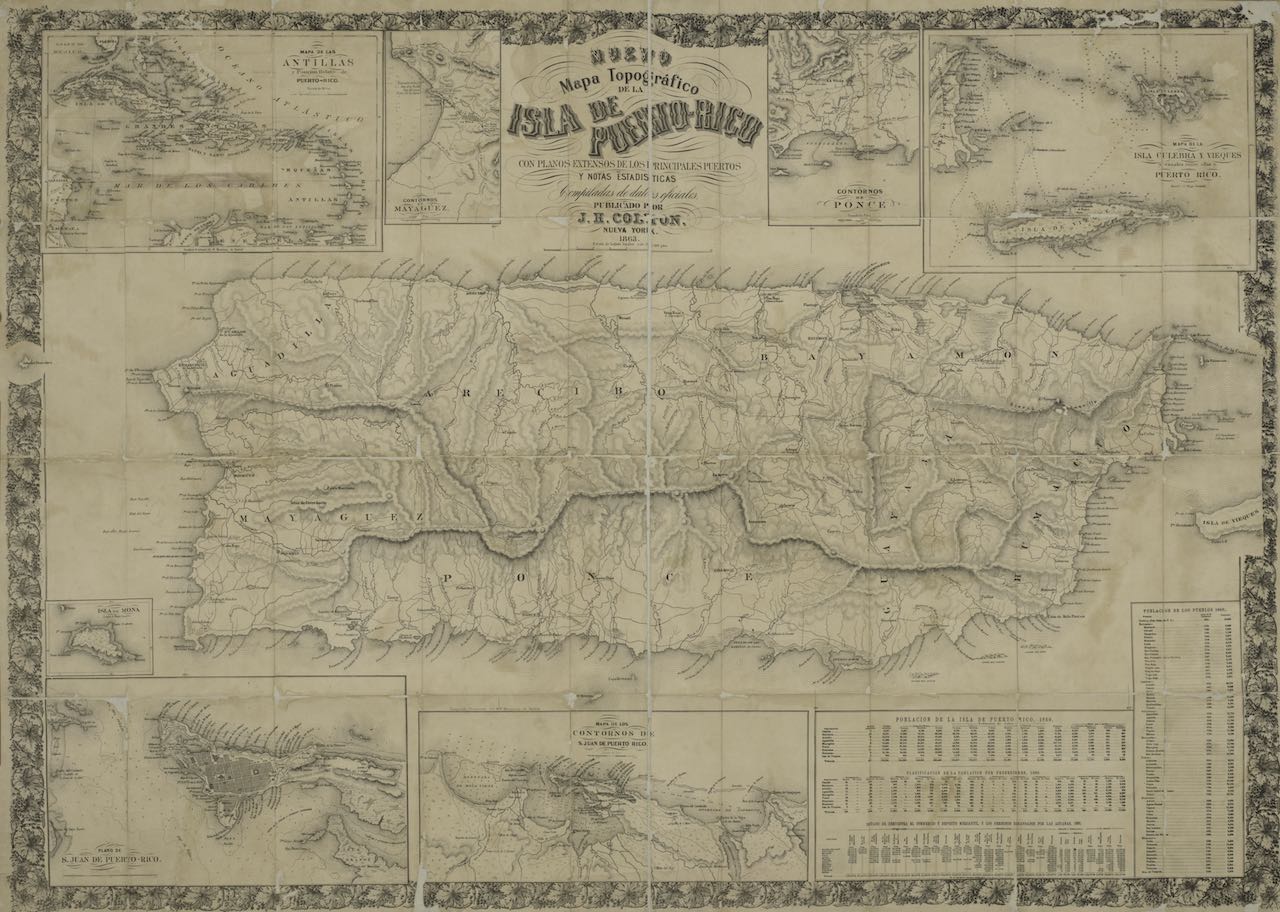The Fire Still Burns
By Gary Priest
Fire makes us all believers.
There’s a unity in fear that allowed science and religion to merge into a rational hysteria that swept us all along on a wave of koala memes and apocalypse FOMO.
The eco-inspired crimewave started in the mid 2020s. This was not just shutting down airport runways or protest hashtags. This was something darker, primal and all persuasive.
My first assignment as a rookie eco-cop was crowd control at the murder of an oil company CEO. He was castrated and hung from a lamppost outside a petrol station on New Year’s Eve, 2028. Six months later, I found myself first on the scene of a luckless idiot who discarded a burger wrapper on a Soho street and was kicked to death by a passing group of vegan death metal kids.
Ten years after those first deaths, “ecoslaughter” was written into the rule of law. By the early 2040s, it was impossible to get a conviction on any death that could show a motive related to saving the planet.
The skies got a little bluer and the oceans were more saltwater than cellophane again.
We saved the world.
Twenty years came and went. I remained on the force.
On a dull evening patrol, I drove past a group of teens waited in an orderly line to get into the hippest of the town’s vice-free nightclubs. I could probably find some reason to take them in. The smallest violations were now offences. Sneaking an outlawed carbohydrate, wearing leather shoes without a permit, and, of course, loitering with intent to pollute, which could be twisted to cover anything anyone did and was great for keeping arrest numbers up.
Hoping there might be some meatier infractions inside the club, I parked my bright green smart car and with one flash of my badge at the door, strode inside the large hall. The whale song and bird tweets were a long way from the old days of EDM and rock ’n roll, but after the Bank Holiday Modular Music riots of ’44, the influencers decided that all human-made music was ecologically unsound.
I still remember the day they executed Keith Richards. The lethal injection didn’t work, so they beheaded him live on the nine o’clock news. The tattered illusion of humane deaths for musicians was put aside. They crucified Miley Cyrus, fed Alfie Boe to a pack of feral hogs and kept going until every last one of them was dead.
Groups of pious youth swayed back and forth to the somnolent sounds of nature. These were the inheritors of the planet.
I hated them and I hated what the world we saved had become.
That was my secret.
Back in the early 21st century, there was a gestalt shift that left no room for doubt in anyone’s mind. They called it Twitter-logic. You never expressed doubts, you never backed down, and if there was a mob, you had better be part of it or you would find yourself its next target.
That shift pulled us back from the brink of global catastrophe. Who’d have thought all those armchair environmentalists would one day bring about the Plastic Purges of 2042, the Meatless Monday Massacres of ’55.
I played along, said all the right things and became the perfect symbol of the new age of woke warrior.
Don’t get me wrong, I was glad the planet had been saved, and I admit that the draconian means were probably the only option we had left by the end of the 2020s. But now that the planet was yet again an Eden, it seemed we had forgotten how to enjoy its bounty and grace.
I clocked up a few arrests in the club. Minor violations of recycling laws and dental hygiene directives. The Prius prison vans came and took the offenders away, and I went back to my patrol.
It was a quiet night and I was nearing the end of my shift when the call came in to investigate a code 411, “possible youthquake in progress.”
She sat alone on a wall by the burnt-out shell of a public library. Hardly a youthquake, but certainly a curfew violation to start with.
She wasn’t much older than fourteen. Her hair was a messy nest of blonde and pink. I could have taken her in for the hour and the highlights, but those abuses were the least of her transgressions.
Smoking a cigarette. In public! A goddamn roll-up! That was a twenty-year minimum sentence right there. At her feet, a small pile of cigarette butts, an empty bottle of bootleg vodka and what looked like the remains of a highly illegal kebab.
I got out of my car. She didn’t look up, just puffed out a plume of smoke and started singing.
Instinctively, I drew my gun. Still, she didn’t react.
The song came from way back in the 1980s. “Are you singing a Russ Ballard song” I asked.
She stubbed out her cigarette on the wall and tossed it to the ground.”‘The Fire Still Burns,” she said. She did not smile but assaulted me with eyes granite grey and defiant.
“How do you even know music? It was outlawed before you were born.”
Her laugh was flat and without warmth. “It’s all still out there in the dark cloud if you know where to look.”
Another violation.
“And is that how you want to die? Singing some forgotten power ballad from the eighties?”
She shrugged. “You remember it.”
“That’s not the point, you dumb fucking kid. I have to kill you now. You get that, right?”
After the first few years I no longer enjoy the killing, nor did I feel anything other than a grim certainty that to disobey an eco-statute would mean my death as well as the offender’s.
“I have to kill you”’ I repeated.
‘Of course, you do. Been waiting half an hour for one of you green-booted arseholes to come and end me.’
My grip tightened on the gun. There was no arrest protocol for this many violations.
“Why are you doing this”’ I asked.
The kid smiled for the first time. “Because extinction is the only rebellion I have left, green-boot.”
I shot her twice in the head and once in the chest. Her smile reddened as she toppled over the wall to the ground. I called the cleanup squad and went home.
For the first time in years, my heart soared. I was too old and too scared to rebel, but that kid hadn’t given it a second thought, and if there was one of her, there were probably more. One kid smoking cigarettes and singing outlawed songs might do little else but give hope to her embittered executioner, but a thousand of them could become a trending topic, a hashtag, a movement, and that was how the world changed these days. In her grey eyes I saw the rebirth of the natural revolt of youth. Our generation saved the world, and now maybe, just maybe, the next one could save us.
Later, in the surveillance dead-spot of three a.m. I started singing “The Fire Still Burns,” softly, in the cold solitude of the night.
Gary Priest writes short fiction and poetry. He has over thirty publications online and in print including Daily Science Fiction, The Eunoia Review, and Literary Orphans. He lives in the UK at the end of a dead-end road, which may explain everything.
Photo by Markus Spiske on Unsplash.

